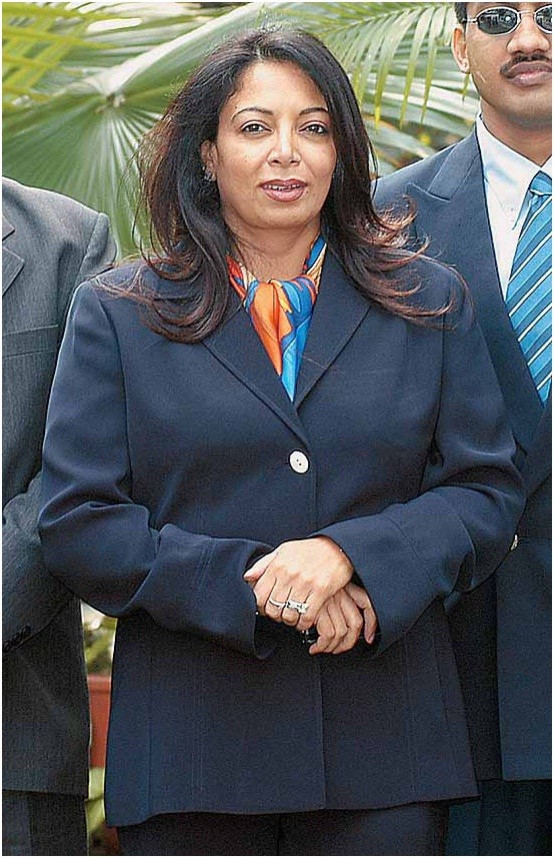India’s Supreme Court orders handover of Radia tapes as Ratan Tata moves court

India’s Supreme Court on Wednesday ordered the original tapes containing conversations between corporate lobbyist Nira Radia and others pertaining to the 2G spectrum allocation to be handed over to it in a sealed cover two days after industrialist and chairman of Tata group Ratan Tata moved the apex court seeking action against those involved in the leakage of tapes containing his conversation with Radia.
In his petition, Tata has contended that the leakage of the tapes have infringed upon his fundamental 'right to life', which includes right to privacy and has made the Indian government a party in his petition.
Tata is expected to argue that some of the conversations between himself and Radia, whose public relations firms were engaged by his group relate to personal details that could no way be part of investigation.
Tata had sought a direction for fixing the responsibility for the alleged leakage of the tapes as some journals had published taped conversations that Radia had with politicians, journalists and industrialists in the wake of 2G spectrum allocation scam.
On Wednesday, a bench comprising judges G S Singhvi and A K Ganguly passed the order on the custody of the tapes after the Indian government submitted that it had no objection in handing over the complete set of tapes following doubts that the tapes may be destroyed.
We direct that the original records and tapes/CDs be submitted in a sealed cover after preparing the copies. It will be kept in the lockers of the Supreme Court registry and if required, it will be considered for its use, said the apex court.
Meanwhile, Gopal Subramanium, solicitor general, said he had received instructions that there was no objection in handing over the tapes and that the court can direct preservation of the tapes in whatever way it thinks best.
On Tuesday, Supreme Court had asked the government to respond to the plea for preserving the tapes containing conversations between Radia and others pertaining to the 2G spectrum allocation.
The Supreme Court bench had even asked solicitor general to take instructions from the government authorities based on a plea made by Centre for Public Interest Litigation (CPIL), a non-governmental organization.
Prashant Bhushan, a lawyer representing CPIL had expressed misgivings that the tapes may be tampered with while making a plea for preserving the tapes containing conversations of Radia and others that were prepared by the Director General of Income Tax.
Meanwhile, on Tuesday, India's television news channel NDTV's group editor Barkha Dutt, who was apparently featured in the transcripts, went on air to defend herself after she issued a rebuttal to the charges made against her on Monday.
As a matter of record, I never passed on any message to any Congress leader. But because she was a useful news source, and the message seemed innocuous, I told her I would. Ultimately, I did no more than humor a source who was providing me information during a rapidly changing news story. At no stage was I ever asked to pass on any message to intercede on behalf of a particular minister or portfolio. Not once, was I asked to 'lobby' for A Raja. Not once was I asked to carry any message regarding him or any other appointment, Barkha said in a posting on NDTV website.
Vir Sanghvi, editorial director of Indian national daily Hindustan Times does also apparently feature in the transcript. Both Sanghvi and Dutt are heard promising to fix things for Radia, who is known to be close to the sacked telecom minister A Raja, and her clients besides many political leaders.
While Sanghvi allegedly took notes from Radia on what he could point out in his weekly Sunday column of Hindustan Times as Radia asked him to write against Reliance Group's Anil Ambani and the high court decision on the gas pricing issue.
Barkha Dutt had allegedly assured Radia of getting ruling Congress party's general secretary Ghulam Nabi Azad to talk to his party's chief ally M Karunanidhi to choose portfolios for his party.
© Copyright IBTimes 2024. All rights reserved.





















